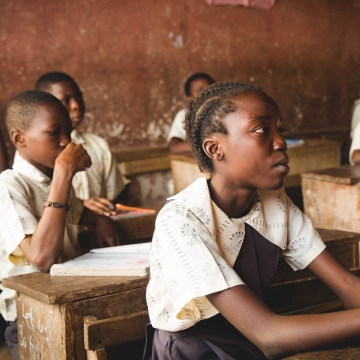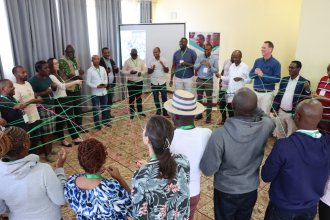
Ugandan parliament expresses support for policies towards clean household energy
Researchers from EfD Uganda presented findings to the Ugandan parliament on May 3rd, shedding light on the country's heavy reliance on biomass and proposing policy adjustments towards cleaner energy…




